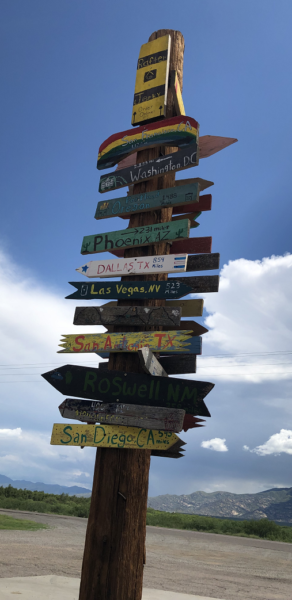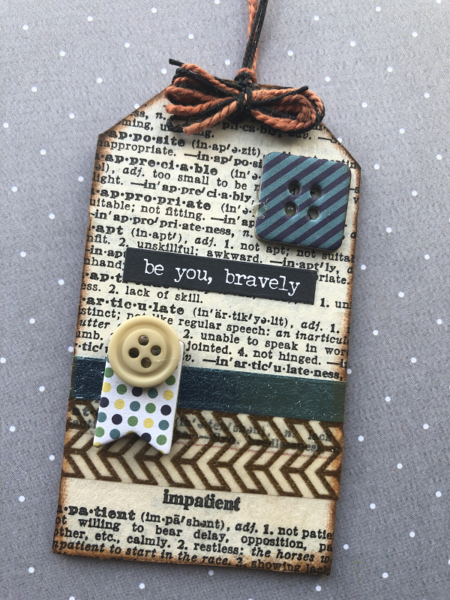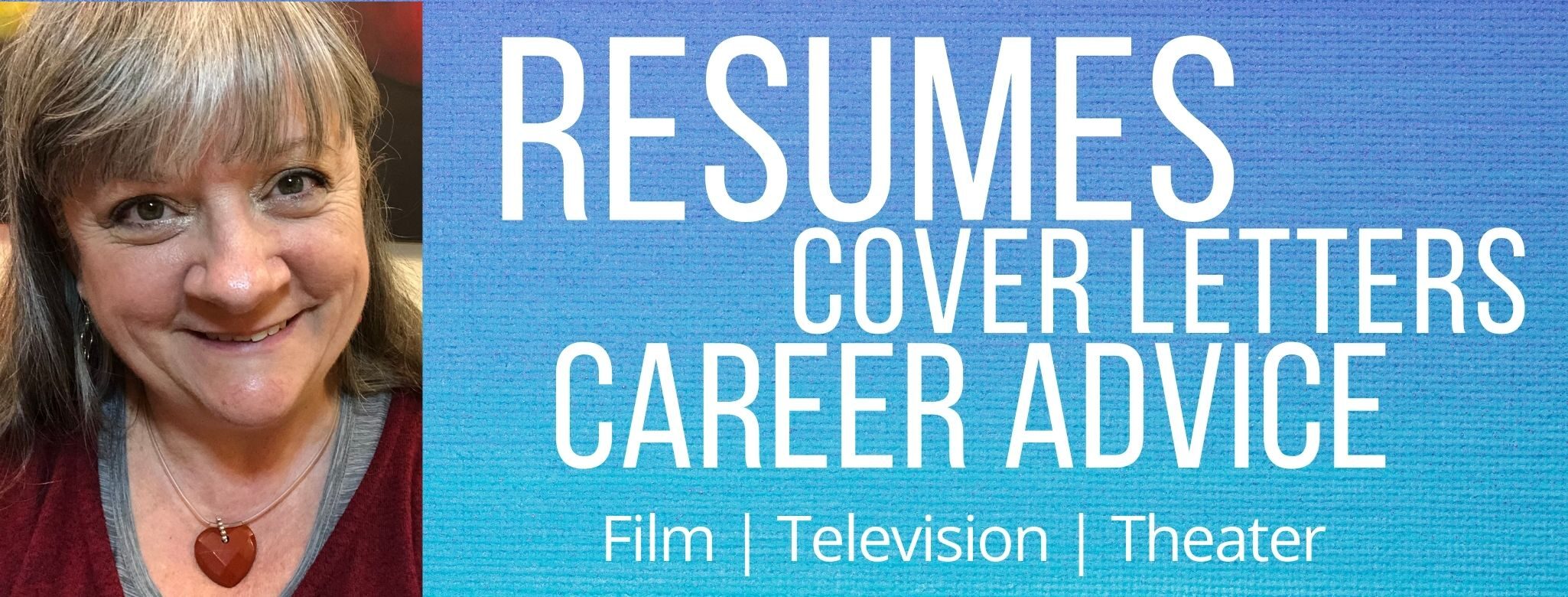
So many people I meet have a hard time defining their own skills and abilities for their ATS resume. They have an even harder time writing a cover letter that is interesting and is more than just a resume recap without bullets. How can you go beyond the job description to capture the extent of your skills and abilities?
Here are some exercises that you can do today to help you find language to use both for your documents and as preparation for a job interview. This applies to every job seeker, not just entertainment. The questions seem simple, but if you take time and do them fully, you will be rewarded with an uptick in confidence and greater self-knowledge. They are especially useful for creating your LinkedIn or Indeed profiles, where you wish to cast a wide net of synonymous keywords to attract recruiter attention. No one sees this in its raw form but you.
- Describe a typical day at your current or most recent job.
People tend to forget just how much a job entails. Start from how you get to work and all the procedures, no matter how minor. Don’t skip the tasks with any kind of summary words (eg “did computer work”) but go ahead and be detailed. Include any kind of equipment or tools that you use. You would be surprised how often I have to ask people about the tech they use because they don’t think it’s important enough to note. But if a job description mentions it, then you need to as well. Aside from quitting time, what is your favorite part of the day?
- Now describe an atypical or unusual day.
- Write about a time when you felt great about a task or customer interaction or accomplishment. All the details.
- Write about a time when you were frustrated that things didn’t go well. (More on this below.)
- Think about your first every job – what did you enjoy about it?
People don’t always realize how far they have come, even in a short time. It’s good to validate your own personal growth when you can.
- What did you not like about it?
If you are unhappy in your current job, does it have facets in common with your earlier gigs that you didn’t like?
You will most likely find a bunch of soft skills lurking here along with the job-specific hard skills, as well as preferences for the kind of work or work environment you most enjoy. Hopefully you will have found some specific examples that you can use to enhance your assertions that you know how to do whatever.

Now here is a different kind of exercise, to help you with your “job interview energy”
It’s vital to release negative energy from bad work experiences, especially if you feel hard done by. Sometimes that happens when you don’t feel heard. At other times it is defensiveness born of the knowledge deep down that you did the wrong thing.
Regardless of the source, if you can’t genuinely let things go, any scrap of resentment will worm its way into your thinking or voice or energy or vibe, and you won’t even know why the interview didn’t pan out. I know this because I conduct practice interviews with people, and these are a safe place to vent as well as a practice session. I can always tell when someone still holds on to a resentment about a problem or a bad manager or something where they felt like it wasn’t their fault even if it was, and they may not even realize they are broadcasting it.
Write it all down. The whole negative scenario. How it came about, the sequence of events, the things other people said that bothered you. Include all the anger, judgment and resentment. Feel the anger or disappointment. Get it out of your head and onto paper. This is your vent. (Don’t send it to anyone, no matter how tempting!)
Now write it out again, with the goal of softening it – as if you had to explain in a reasonable light why you got fired, or why you can’t give your last boss as a reference. Write what happened while trying to hide your feelings. Then read this second recital aloud and listen to you own voice – record yourself if it helps. Hear that edge there? That’s how you really feel burning along like magma under the rational words.
The lesson here is that it is usually futile to try to hide that you have a resentment or bad feelings about the past.
But you still have present yourself as a rational person who can learn from their own mistakes. So what can you do?
Well, in the film business this is why the phrase “creative differences” exists. It often covers all the sins on both sides of a catastrophe. But in the absence of being able to say that…
Questions to help you find the words to express past mistakes or work problems
Imagine that someone who cares about you has listened to your vent.
“That sounds awful. What would you want to do differently in the beginning, middle and end of the situation?” Write this down, and spend time visualizing it. It might take a few tries before you are visualizing your changed actions, rather than someone else’s. Imagine the better ending to the situation.
“That must have been frustrating. What do you wish had happened?” Consider the results or consequences of this wish.
“They seem to have screwed you over. What would you want to tell that person?” Here is where you can choose your way of being. You can stay in anger and tell them what you think of them – then burn that letter and let karma take them on. And/or you can assume a misunderstanding or miscommunication from their end, and explain your point of view with clarity. Burn this too. Either way, imagine that they have heard you. Visualize them left behind in the rearview mirror or fading away. They no longer have power over your emotions.
The point here is that now you have a blueprint for answering the question in the job interview if you are asked what went wrong there. You are able to say briefly what did not go right, even more briefly acknowledge how you feel (disappointed, sad, frustrated – not “angry”), and then carry on the answer with what YOU would have done differently, or would do differently next time, for a better result. That’s the trick there. Showing that you have learned something and not talking about other people.
Every negative situation, every mistake, every disaster has value as a learning opportunity, experience that this new employer will gain the benefit of when they hire you.
*Disclaimer: None of this is meant as medical or psychiatric advice. If you find yourself endlessly ruminating, anxious, depressed or otherwise troubled about events or people in your life, especially if to the extent that your daily life is impacted, please seek expert therapy.
